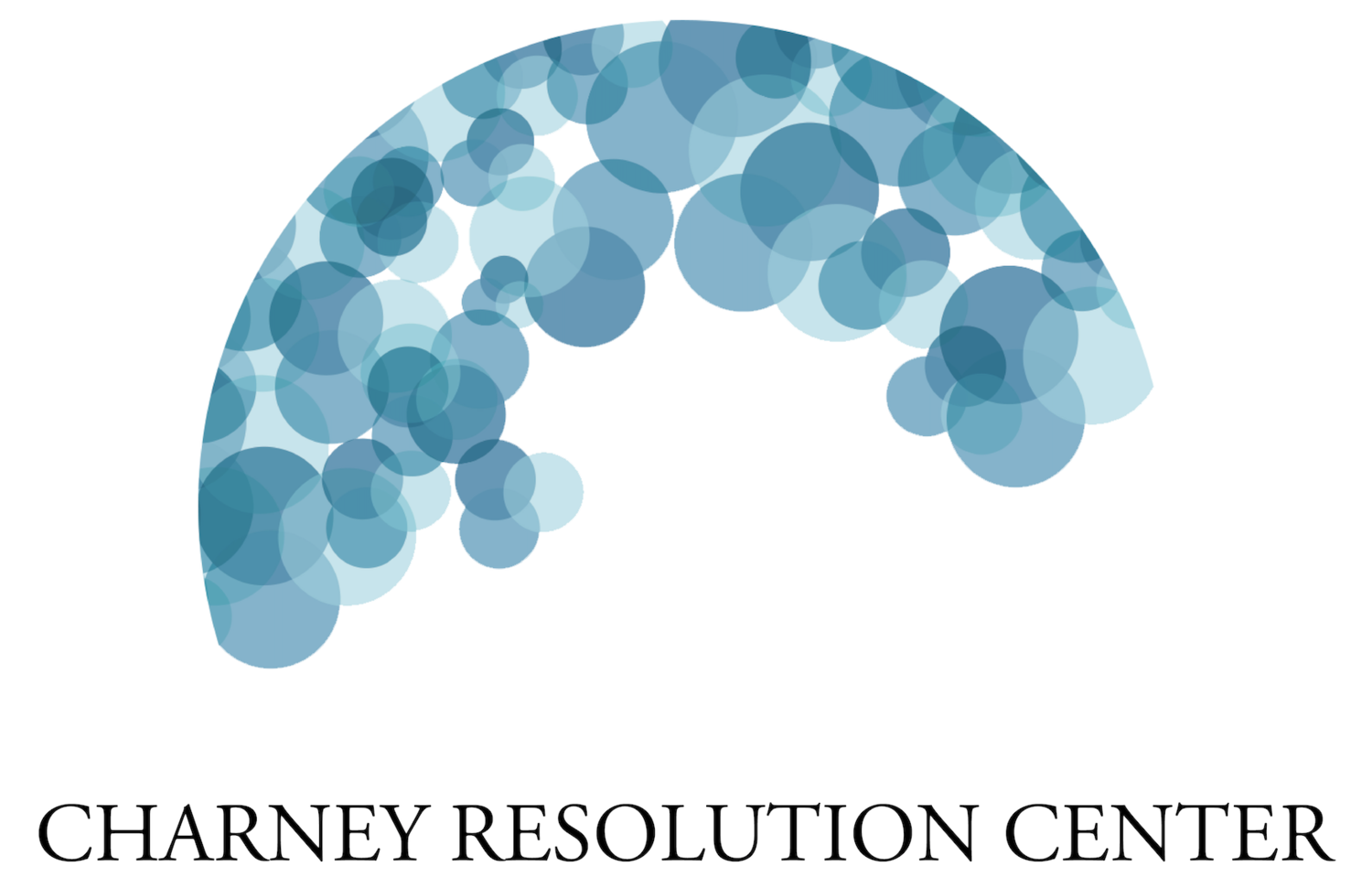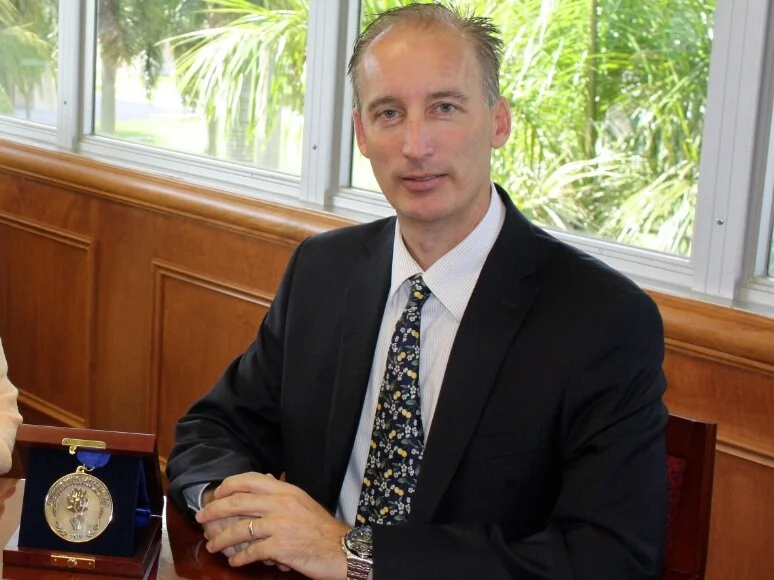Leon Charney, a back-door channel advisor to leaders and diplomats during the Camp David Accords between Israel and Egypt, believed that through dialogue and diplomacy any goal can be achieved. The Leon Charney Diplomacy Program offered by Florida Atlantic University was named in his honor in 2016, starting a fruitful collaboration between the Charney Resolution Center and FAU. I’m excited to be representing the Center when I take the course in the coming fall. I’m looking forward to developing new skills and gaining experience in this field. I decided to interview the head of the course, Professor Jeffrey Morton, to have a better grasp of what is awaiting me and to hear his opinion on the current Corona-virus pandemic. By Jaime Musso
Dear Jeffrey, could you please introduce yourself and tell us a bit about the Diplomacy Program at FAU?
I am a professor of International Law & Diplomacy at Florida Atlantic University in South Florida. The Diplomacy Program was established in 1996 to train students in the art of diplomacy, conflict resolution, and conflict avoidance. The students in the Program compete in two National Model United Nations conferences each year.
Do you think the course will take place regularly this fall despite Covid-19? Could it happen online?
We are planning to hold classes as usual in the fall, subject to potential changes due to the virus. As of now, the conference is to proceed as planned in November of this year in Washington DC.
As a professor, what are your opinions on online didactic?
I am not a fan of online teaching. I much prefer to have students in the classroom. The diplomacy classes work much better in person.
What about smart-working? How do you see the role of technology in the future working world?
In the post-coronavirus world, approximately 40% of workers will perform their professional functions remotely.
How do you think Coronavirus will affect international relations?
The virus demonstrates the need for countries to work together in a cooperative fashion as opposed to alone in a competitive relationship. If the virus is somewhere, it will travel.
Could this crisis shift the distribution of global power? For instance, which one between China and the US could assume the role of global leader?
I don’t see the coronavirus as a structure altering event. China will remain the largest aggregate country, but the United States will remain the most impressive and influential nation-state in the 21st century.
What role do you think diplomacy could play in resolving the consequences of this global crisis?
If nations want to mitigate the impact of future pandemics, diplomacy must take a central place in global affairs.
Do you think there will be a place for sustainable development in the world after the Coronavirus? Or will the economic resources be too limited?
Sustainable development isn’t about the volume of resources, rather it is about the willingness of global citizens and governments to limit extraction of existing resources to the point that future generations will have access to them.
Finally, do you think this health crisis is diverting the attention from other essential global issues, such as climate change and migration?
Without doubt, coronavirus has taken the oxygen out of the room in decision-making circles around the globe. Little progress can be made on other pressing issues (climate change, migration, nuclear weapons, trade deals, etc.) until the virus is defeated.
Thank you for your time and we hope that we will be able to work together in the future, trying to achieve our common goal of living in a peaceful and just world.

